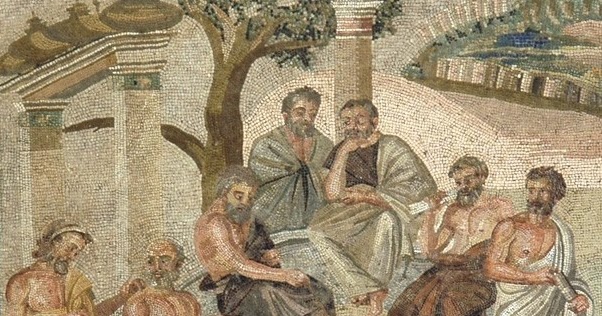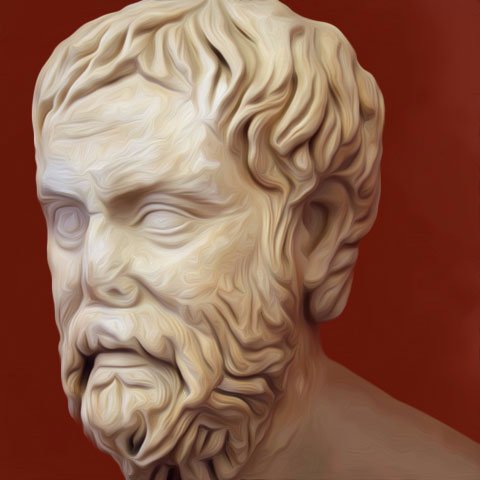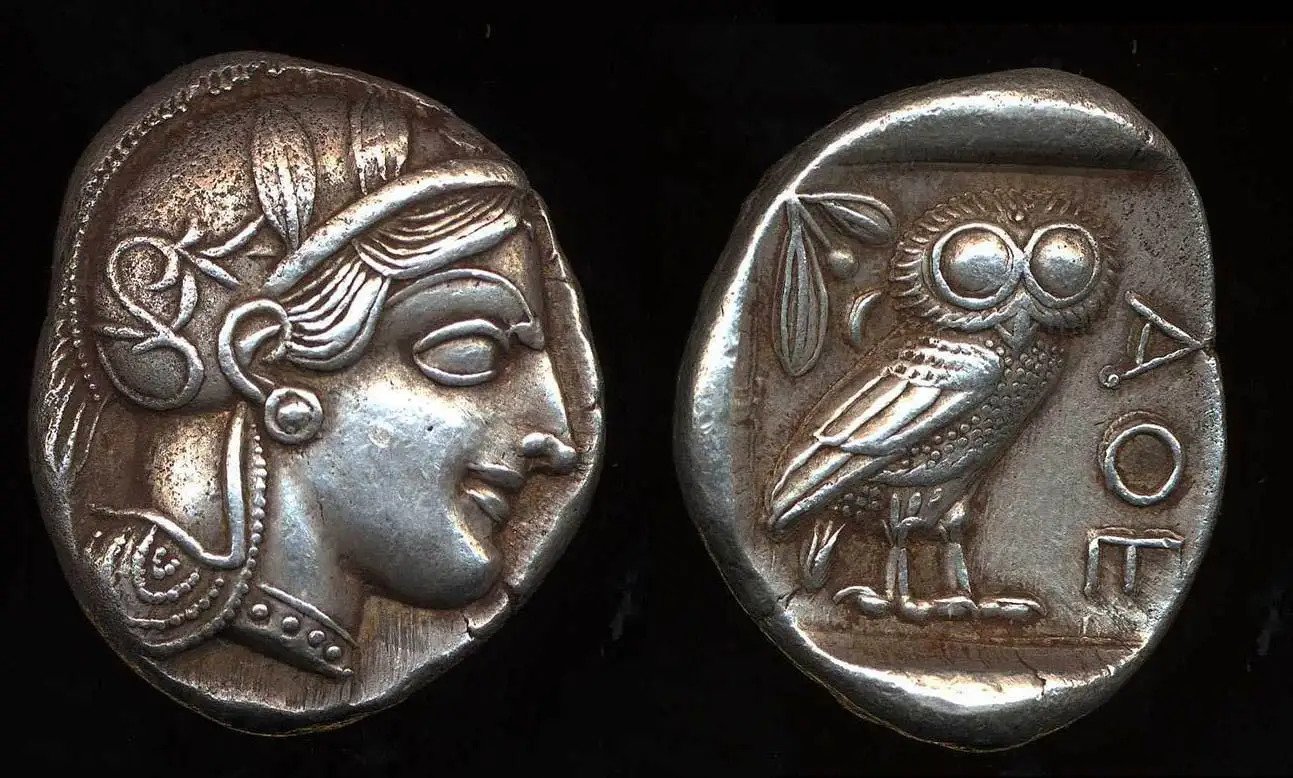By Jacob Bell, Associate Editor, Classical Wisdom One would have thought that in this age of information, logical fallacies would cease to exist. But, amazingly, the exact opposite has happened despite our incredible access to information. After all, we can open up an internet browser and within a few minutes we have thousands of pages






